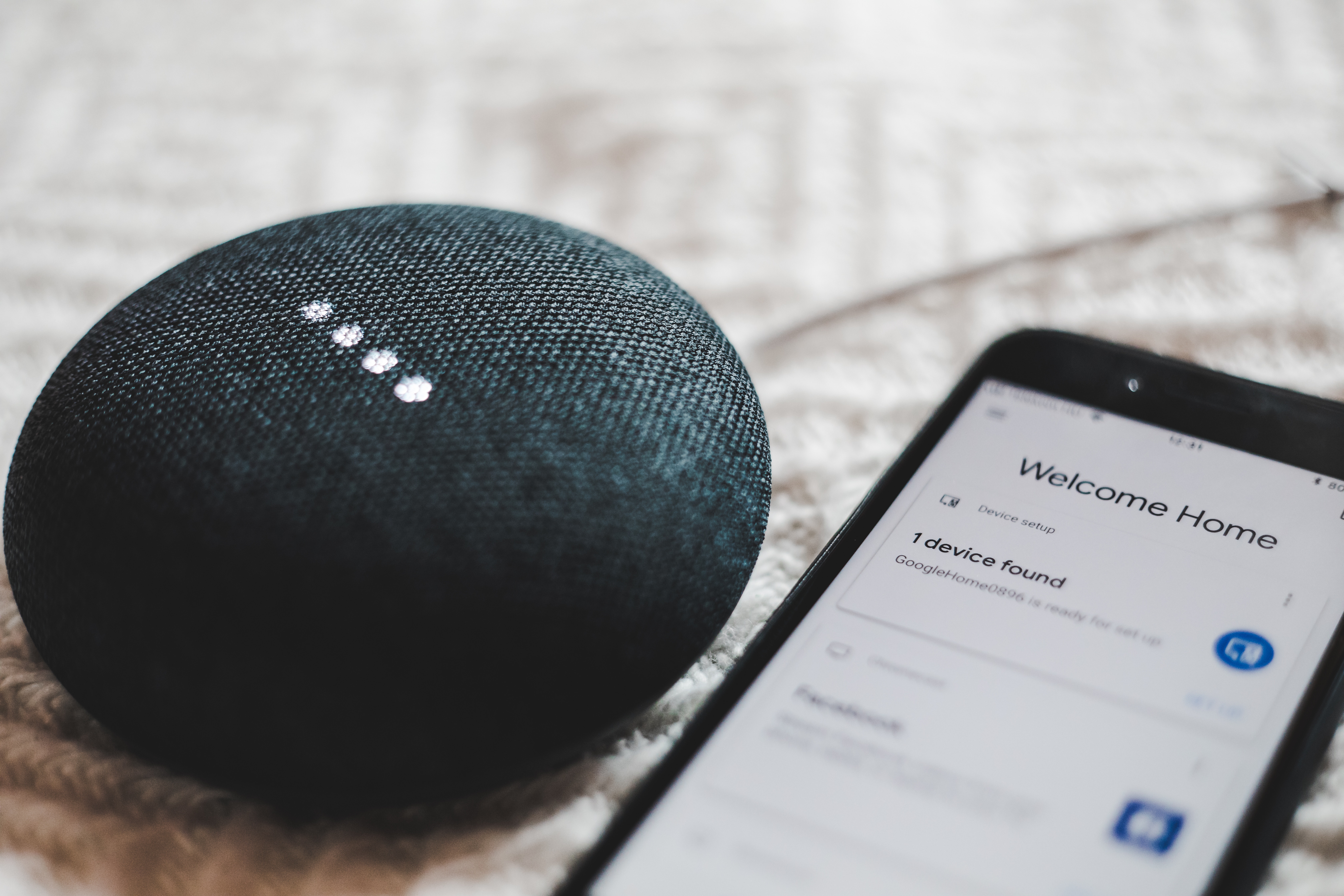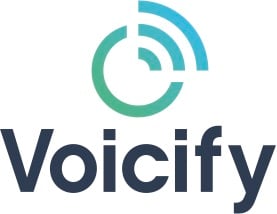





From blasting your favorite tunes to turning down the AC, voice assistants have unlocked a whole new world of blissful convenience. You can ask them to control your home devices, tell jokes, or even serenade you with the best of AI beatboxing. For most of us, the possibilities are seemingly endless.
On the other hand, Matthew, who was born with cerebral palsy, can't even get Siri to recognize a full sentence. Then there's 54-year-old Enid, who recently received an Amazon Alexa to serve as a virtual companion after her stroke, but is unable to get a response from her so-called-assistant due to her mild slurring.
While most of us have been getting carried away by the flashy new uses of voice technology, a large group of eager users has been struggling to even get a taste.
In the U.S. alone, 7.5 million people have trouble using their voice and more than 3 million people stutter. However, big tech voice assistants fail to consider the needs of those with voice impairments (at least by default).
Fortunately, not every company has taken a it's-simply-not-made-for-them stance to voice-first technology. (If that excuse were ever enough, we wouldn't have e-readers, audio games, or even ramps!)
From collecting mass user data to launching individualized solutions, here's how a few tech companies are opening up the power of voice to those with speech impairments.
After his grandmother suffered a stroke and lost most of her ability to speak, Danny Weissberg came up with the idea for Voiceitt – an app focused on delivering the "world's first speech recognition technology designed to understand non-standard speech."
The way Voiceitt works is the person with speech impediments uses the app to create their own personal dictionary, which is then translated into standard speech to control other voice-enabled devices.
To create a dictionary, the user composes and then reads out every-day phrases like "I'm hungry," or "Turn on the lights." The Voiceitt software records the speech and gradually learns the user's particular pronunciation. Then, after being trained, the app will act like an instant translator. The user speaks a phrase in their own way and the Voiceitt app reads or types it out in standard speech for others to process – whether they be other people or smart devices.
The app is currently still in beta-testing but it shows immense promise for the millions of people with vocal impediments. Watch the Voiceitt video (1 min) to see how their app is already changing lives.
Yes, the corporation of corporations is here. While it's unclear whether the team behind Google Assistant is actively trying to make it accessible for speech disabilities in particular, since their algorithm is being constantly fine-tuned by mass collection of user input, Google Assistant is slowly learning to accommodate voice impediments.
A video posted in a Reddit thread showed how Google Assistant would patiently wait for him to finish a question asked with a severe stutter. Another user in the thread mentioned that their mother, who had recently suffered a stroke, was able to easily interact with Google Assistant even with her slurred speech.
While stuttering and slurring are far from being the only difficulties people experience with voice assistants, it's still a small step forward towards inclusion and much more than what can currently be achieved with Siri or even Alexa.
Speaking of Alexa, it's clear that this particular assistant has trouble even with Australian accents. But while Alexa isn't too capable of processing non-standard speech, with a little extra help, the Amazon assistant can actually be quite accessible.
Tecla is a smart device built for people with disabilities who can't interact with most modern technology through traditional means. For those with speech impediments, Tecla can be downloaded as an app (for iOS or Android) and then configured so it "speaks" to Alexa for you.
Basically, after downloading the Tecla app, the user can add a list of regular commands like "What's on my calendar?," or "Lock my front door." Then all they need to do is tap on a command when they want Alexa to perform it. If they're feeling lucky and want to speak to Alexa directly, they can talk into the Tecla app and have it relay the message to Alexa.
If you're still mildly confused by how it all works, watch this quick demo of the Tecla app for Alexa (0:55 min).
Voice technology is rapidly embedding itself into everything around us, from smart homes to driverless cars. So unless tech developers start to seek out the opinions of non-standard users, people with speech impediments (and other disabilities) will be completely excluded from participating in modern society.
Most big tech companies are showing little to no initiatives and the significant variation among vocal impediments makes it difficult to produce one golden solution for all.
While it's unlikely voice tech will ever reach 100% accessibility on a global scale, the wider inclusion of people with speech impediments is still in the cards. Largely thanks to a handful of tech companies and startups leading the way with carefully individualized solutions – in the hope that, in one way or another, everyone can participate in a voice-first world.
If you're ready to register for the world's largest Voice conference, use the code VOICEBLOG10 to get 10% off your ticket! Follow VOICE on Twitter here and stay in the loop for the upcoming VOICE Summit 20120.




.png)

VOICE Copyright © 2018-2022 | All rights reserved: ModevNetwork LLC
